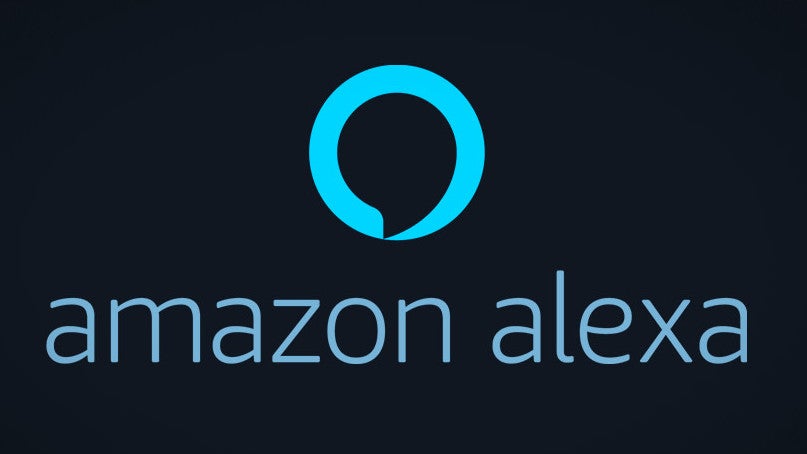
Phones and apps already collect and transmit your location, your browser and purchase history, and your contacts, among other info. That’s not to say it’s impossible - but it’s unnecessary.Īs many have pointed out, tech companies and third-party data companies already have loads of information about you. This ad is the most compelling proof I’ve seen that my phone is listening to me /BAl09xWMt6- Bella Ross September 18, 2019īut there doesn’t seem to be any proof our phones and other devices are listening without our permission. Part of the reason for the belief that our devices are listening stems from advertisers’ eerie ability to show people ads for things they were just talking about. Some 43 percent of American smartphone owners think their phone is recording them without their permission. There’s also the persistent fear that our phones are listening to us even when we’re not trying to talk to them.


Siri/Portal/Alexa/Assistant, are you listening to me? Kinsella says the best way to mitigate concerns would be to hire reviewers in-house rather than rely on contract workers.
/cdn.vox-cdn.com/uploads/chorus_image/image/59873191/akrales_180307_2363_0036.0.jpg)
These workers may not have as much incentive as a full-time employee to keep the information they hear private. The fact that tech companies often employ contractors to review this audio also exacerbates people’s concerns with having other people review snippets of the dialogue they say in their homes. Google and Amazon have begun releasing on-device versions of software, a move that’s both faster and more secure. “A lot of companies will reduce privacy to keep costs down and keep the device smaller,” Mozer said. One way to avoid other people listening would be to have smart assistants answer queries on the device as opposed to transmitting the audio to the cloud, Todd Mozer, CEO of Sensory, a company that works to do just that, told Recode. These companies then vet the wake word that devices picked up a second time, to see if you really meant to say “Hey Google.”Īnd as anyone with a smart devices knows, they can be set off unintentionally - when they think they hear a wake word, but really it’s just you saying something similar, so dialogue that smart assistants unintentionally pick up can be reviewed as well. Really, smart assistants, which are the brains behind voice technology on smart speakers and smartphones like Google’s Assistant, Apple’s Siri, Amazon’s Alexa, and Facebook’s Portal, are always listening for their wake word, the phrase that tells them to start recording and to transmit that information to its servers so that it can figure out how best to respond. “You can’t run the system without recording, and it’s difficult to improve the system without human reviewers annotating errors.” “Anyone who’s dealt with voice systems will have worked in call centers, and all of them use these practices: Humans looking at errors, assessing them, and feeding corrections back into the system for machine learning to improve performance,” Bret Kinsella, founder of Voicebot.ai, a publication that covers voice-activated technology like smart speakers, told Recode. But that’s not entirely reassuring because if you really want to figure out who someone is, in some cases you can just listen to what they’re saying. The samples tech companies review are anonymized, so they don’t include personally identifiable information. The workers who listen to these recordings take note of common mistakes - say an Amazon Echo hearing the word “elections” as “Alexa” - with the intent of improving the software. They say they do this because the recordings help make their products better.

These companies review a small sample - less than 1 percent for Google and Apple - of user conversations. There are valid reasons why tech companies listen to your dialogue with their smart devices. Still, people are concerned and confused about the possibility that their devices are spying on them and that human workers could potentially be listening to their conversations. (Facebook now says it will give users the option to turn off human audio transcription.) Google, Apple, and Amazon are listening too, but it’s not all as pernicious as it sounds.įacebook told Bloomberg this week that it collects and stores audio from its smart speaker, Portal, when users awaken the device by saying, “Hey Portal.” Contractors may later transcribe a small portion of the ensuing dialogue to help train Portal’s algorithms so it can come up with better responses in the future.


 0 kommentar(er)
0 kommentar(er)
